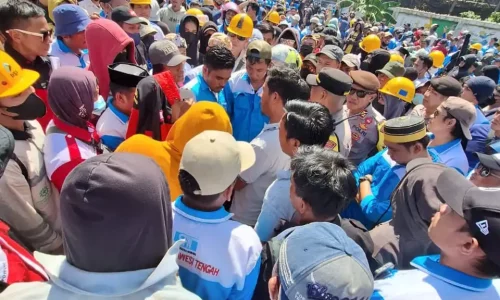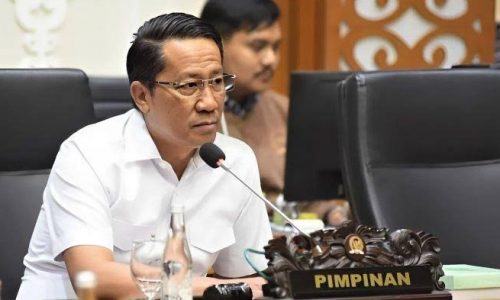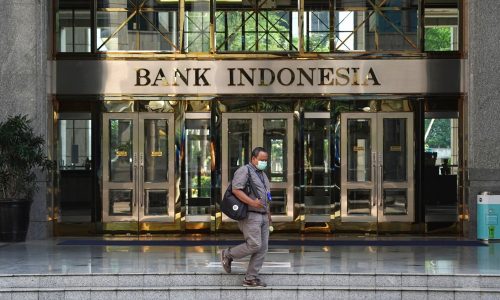The Ministry of State Secretariat has issued a new policy to improve the efficiency of overseas travel for government officials, which is formalized in a letter signed by Minister of State Secretary Prasetyo Hadi.
The letter urges leaders and officials of ministries, government institutions, regional governments, and other agencies to be more selective and careful in planning overseas travel. This policy emphasizes that travel is only permitted for urgent agendas and relevant to national priority programs.
The government has established a number of important rules in this new policy. First, travel selectivity, only travel that supports improving performance and regional development is permitted.
Second, delegation quota, the number of delegates for technical activities abroad is limited to a maximum of three people. Meanwhile, participants in training and benchmarking programs are limited to 10 people, and delegates for cultural, tourism, and investment missions are limited to a maximum of five people.
Third, strict permit process, delegates are required to submit a travel application no later than seven days before departure by attaching supporting documents, such as a framework, invitation, and funding statement.
This policy also regulates state visits by the president and vice president according to the direction of the head of state through the Minister of Foreign Affairs. For official visits by ministers and heads of institutions, the Minister of State Secretary is responsible for the arrangements.
The number of delegates in international cross-institutional forums is determined based on recommendations from related agencies. For bilateral and multilateral agendas, countries will only send up to five officials, with an additional two people for activities involving cross-organizational working groups.
Reports and sanctions
Each delegation is required to submit a post-activity report no later than two weeks after returning home. In addition, violations of this policy, including travel without presidential permission, will be subject to administrative sanctions.
This new policy is expected to encourage efficiency and accountability in overseas business travel, while ensuring that such activities provide direct benefits to national and regional development.









